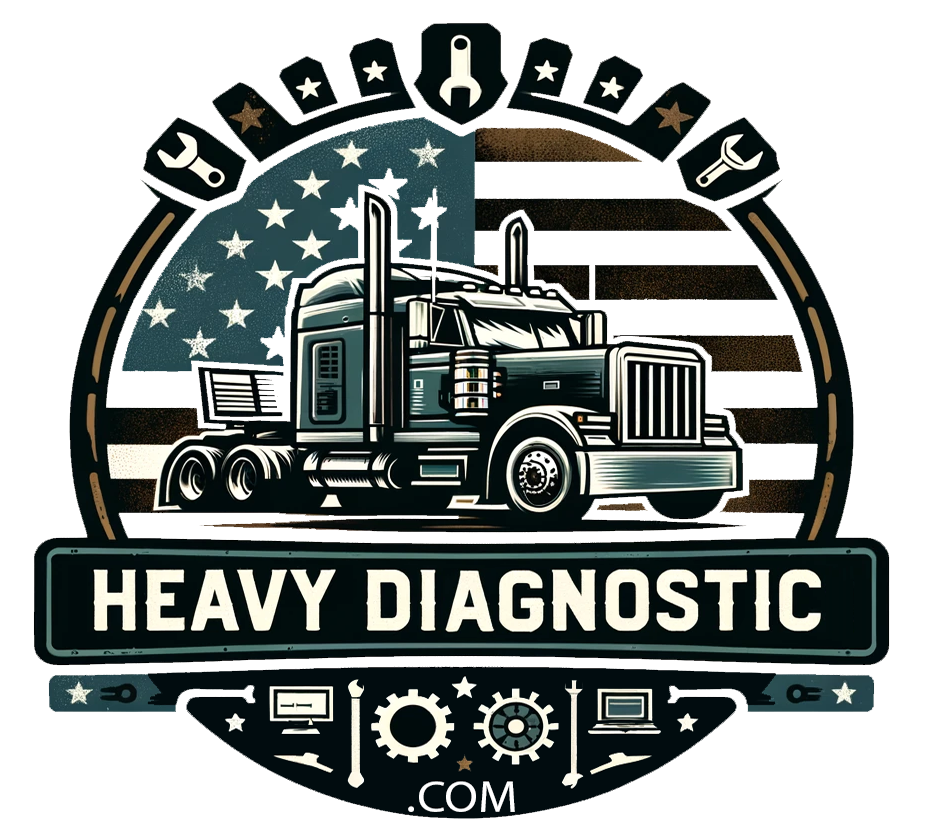Introduction
Diesel mechanics are the backbone of the trucking industry. With every freightliner, Peterbilt, or Volvo on the road, there’s a mechanic behind the scenes keeping it running. If you’re interested in a hands-on, high-demand career, becoming a diesel mechanic is a smart choice.
Step 1: Education & Training
Most diesel mechanics start with a high school diploma or GED, followed by vocational training. Trade schools and community colleges offer diesel technology programs that cover engines, transmissions, brakes, and electrical systems.
Step 2: Certifications
Employers often look for ASE certifications (Automotive Service Excellence). Specializing in engines, aftertreatment, and electronic diagnostics increases job opportunities.
Step 3: Hands-On Experience
Apprenticeships and on-the-job training are critical. Many mechanics start in trucking companies or independent shops, learning diagnostics and repairs.
Step 4: Tools & Software Knowledge
Modern diesel trucks require laptops with dealer-level software like Cummins Insite, Detroit DDDL, and JPRO. Mechanics who know how to use diagnostic laptops can troubleshoot faster and command higher pay.
👉 Shop our diesel diagnostic laptops
Conclusion
Becoming a diesel mechanic requires commitment, but it’s a stable and rewarding career. With training, certification, and the right tools, you’ll always be in demand
